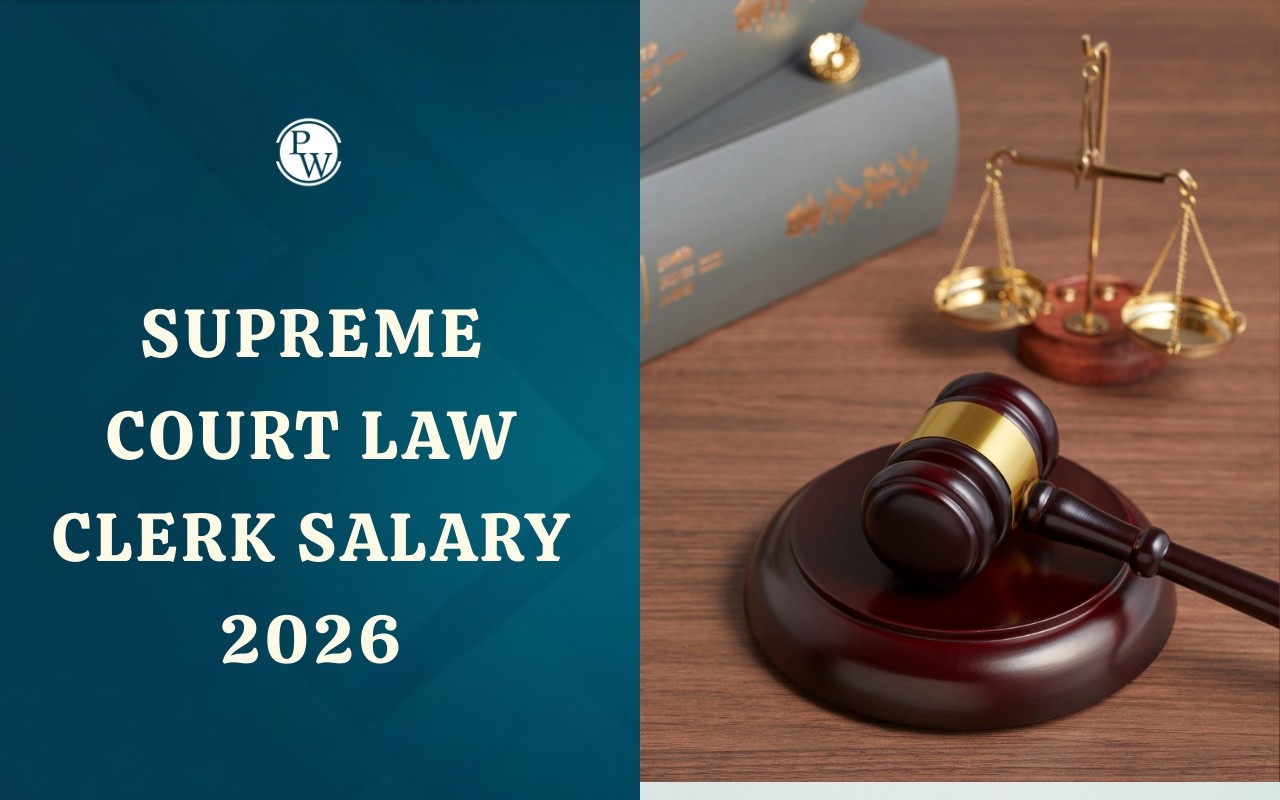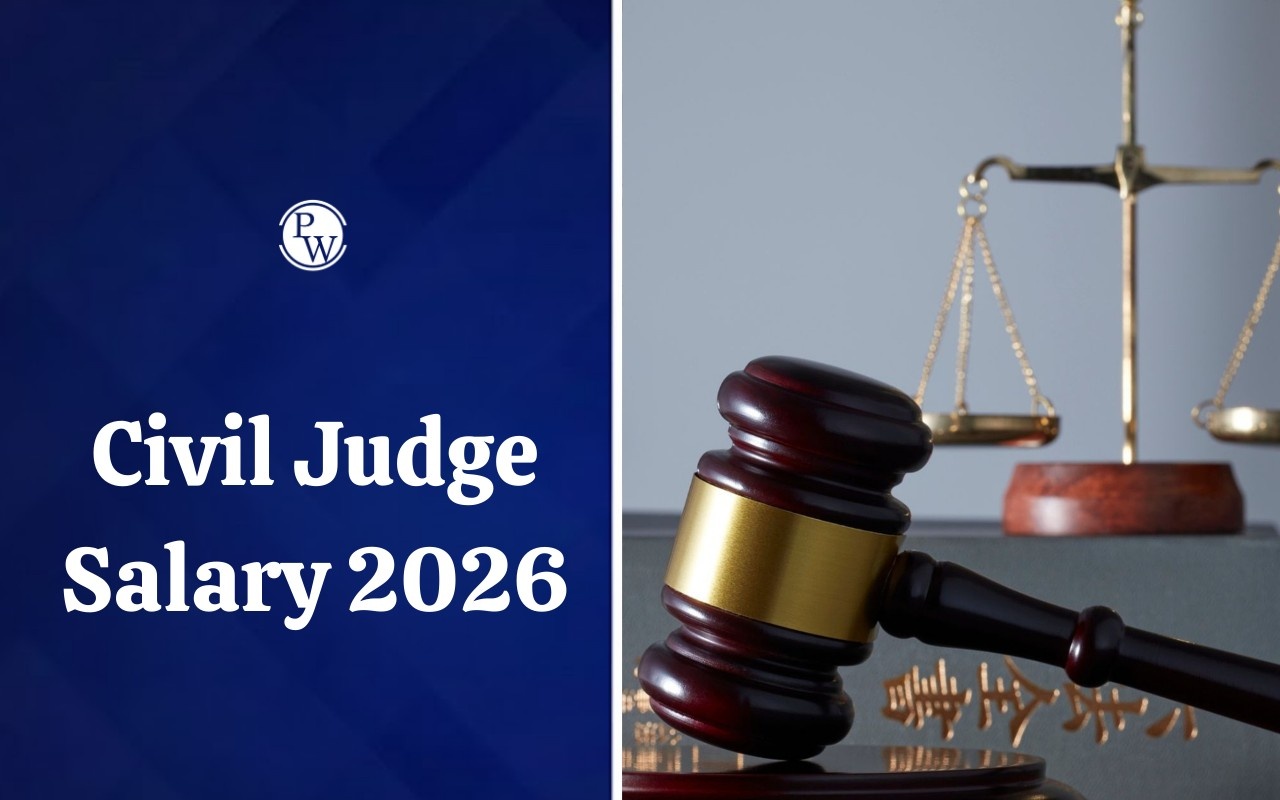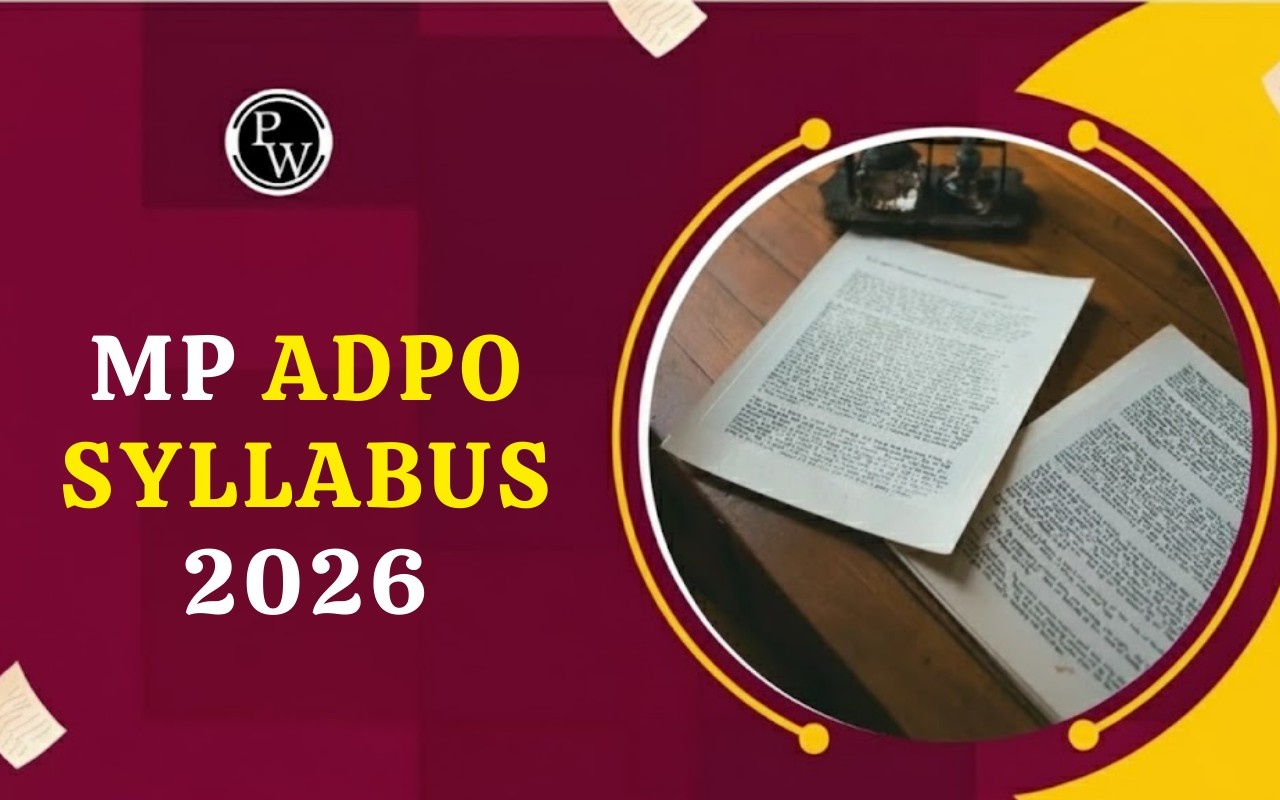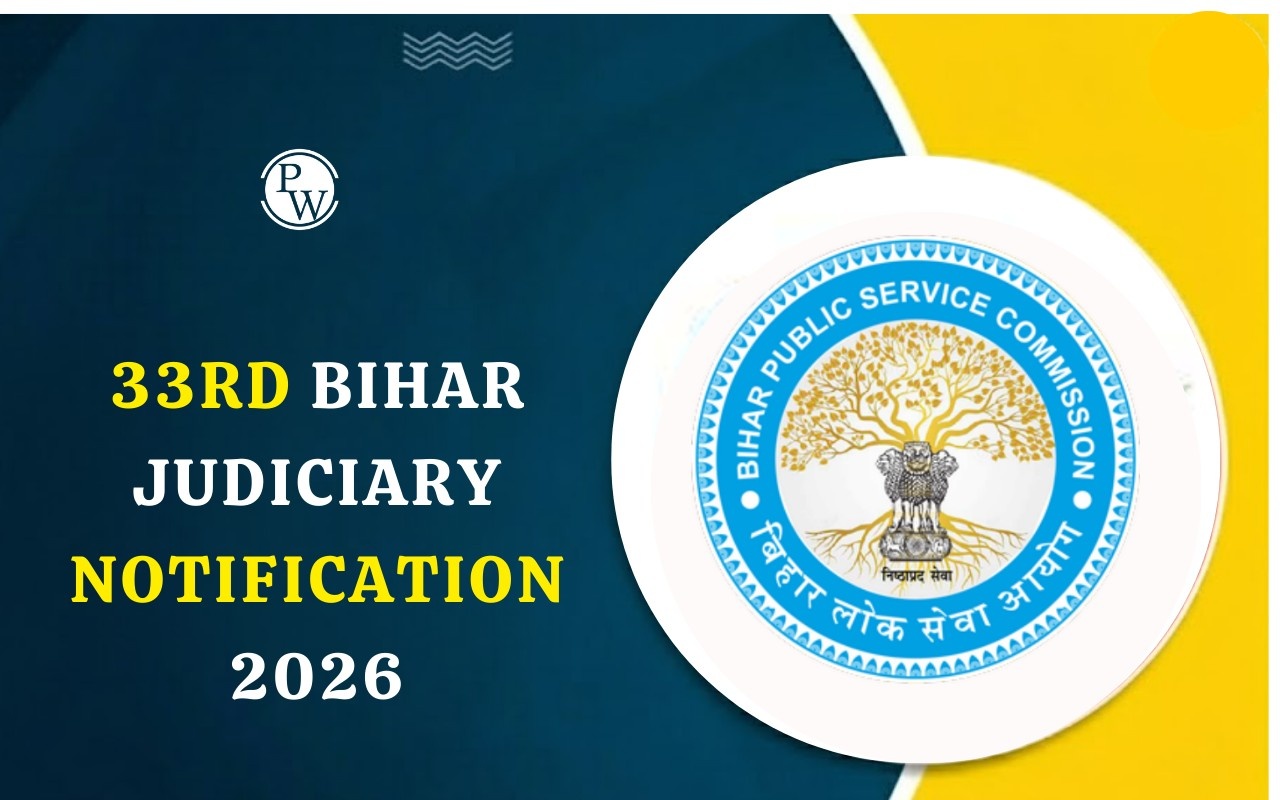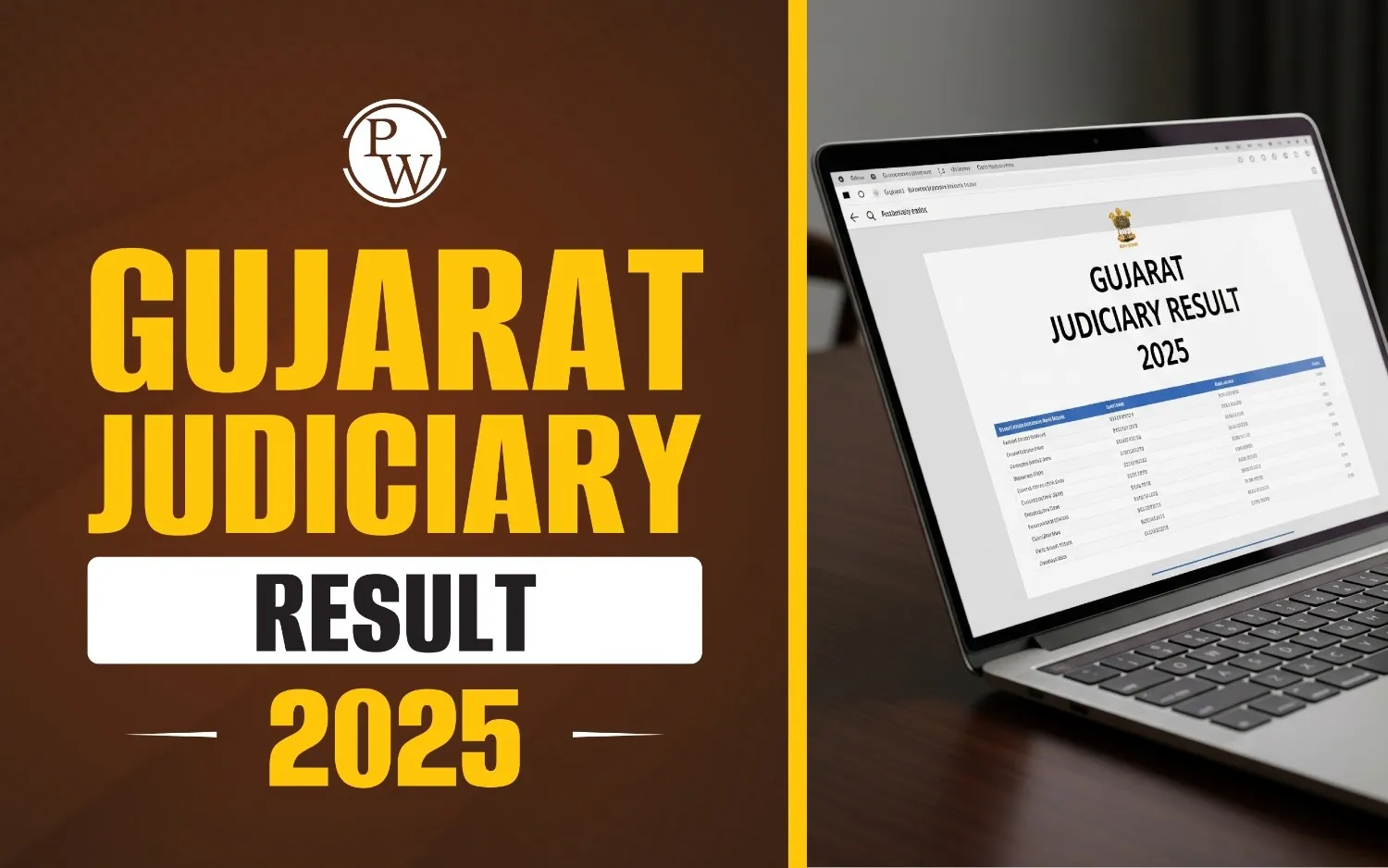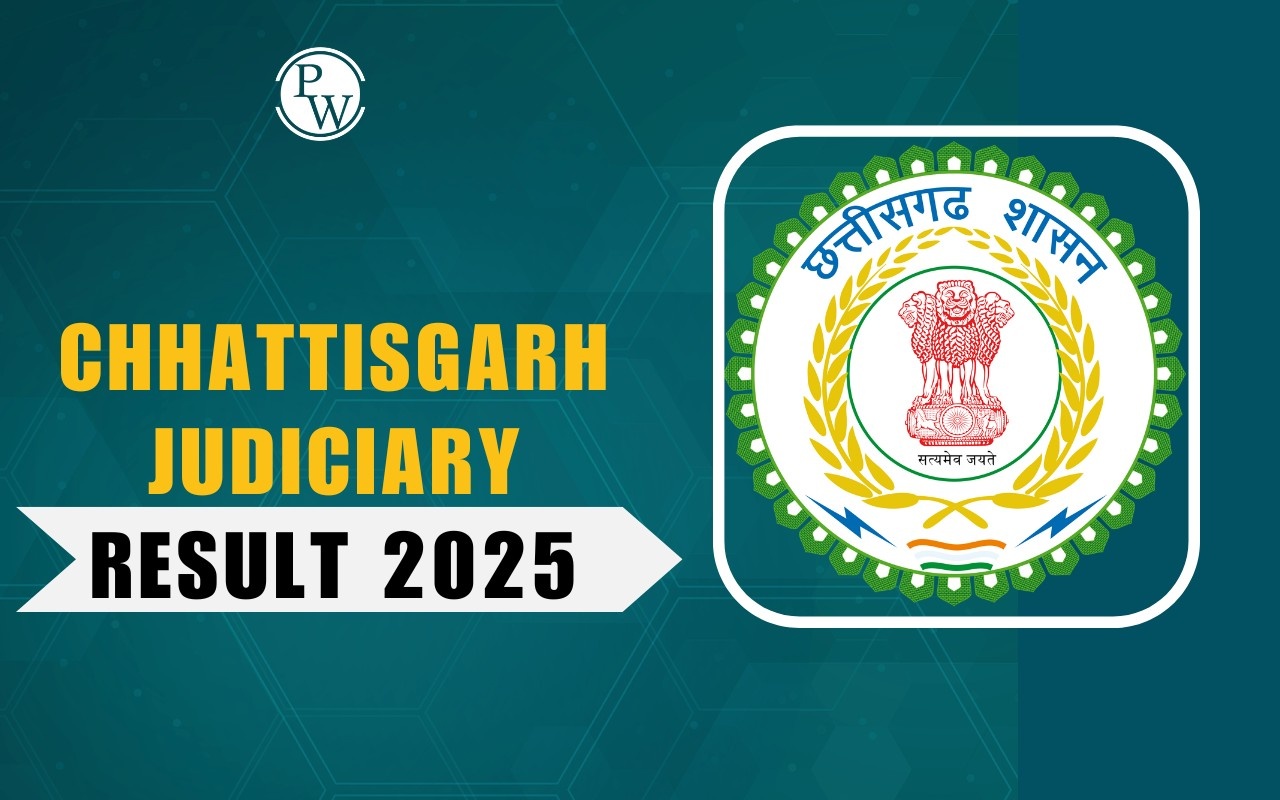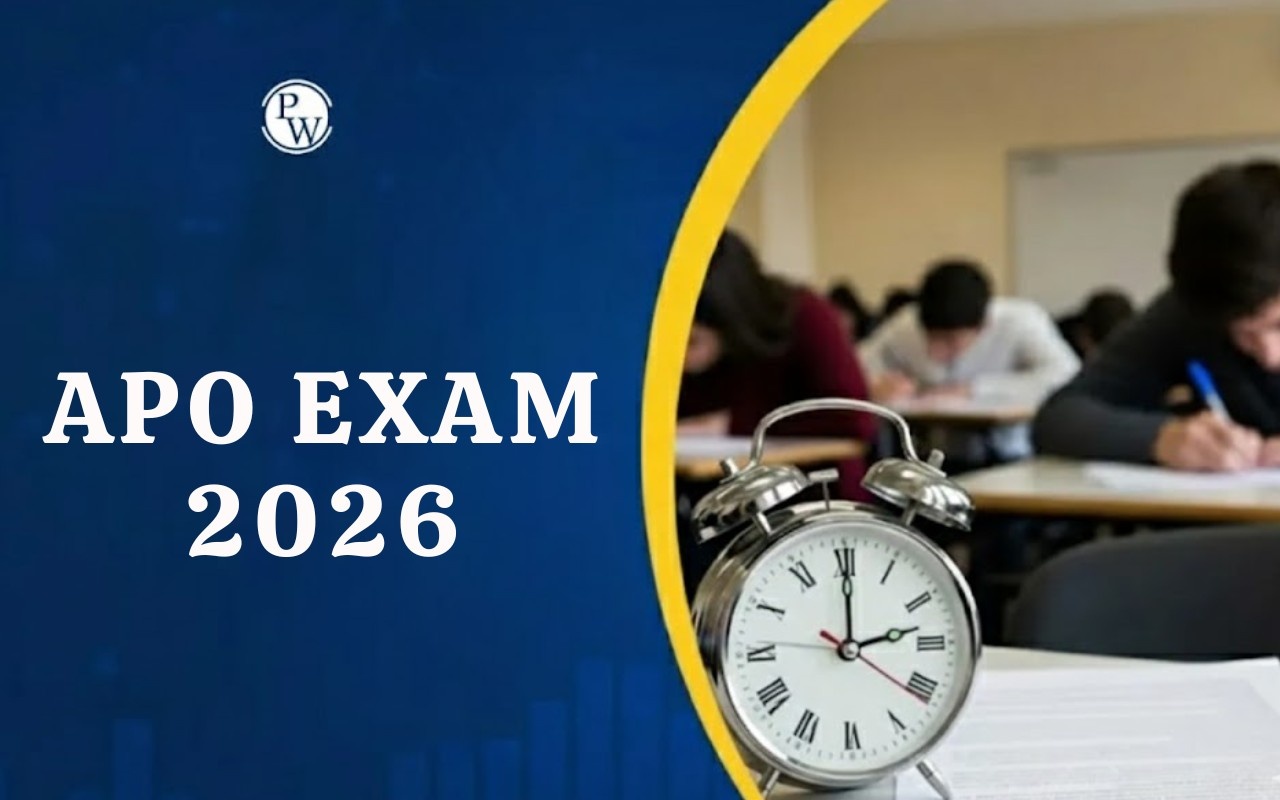
UP Judiciary Exam 2025 is an anticipated judicial recruitment process conducted by the Uttar Pradesh Public Service Commission (UPPSC) to appoint Civil Judges in the state. Thousands of law graduates aspiring for a career in the judiciary eagerly await the official notification. While the notification is yet to be released, read on to get a comprehensive guide on all aspects of the UP Judiciary Exam 2025, including eligibility, exam pattern, syllabus, important dates, and preparation strategies.
UP Judiciary Exam 2025 Overview
The UP Judiciary Exam 2025 aims to recruit Civil Judges (Junior Division) in the Uttar Pradesh Judicial Services. The selection process consists of three stages:
-
Preliminary Examination – Objective-type test to shortlist candidates for the Mains Exam.
-
Mains Examination – Descriptive test covering legal and general knowledge.
-
Interview (Viva-Voce) – Final stage assessing legal aptitude, personality, and communication skills.
Candidates must qualify in all three stages to secure a position as a Civil Judge.
|
UP Judiciary Exam 2025 Overview |
|
|
Particulars |
Details |
|
Exam Name |
UP Judiciary Exam 2025 |
|
Conducting Authority |
Uttar Pradesh Public Service Commission (UPPSC) |
|
Post Name |
Civil Judge (Junior Division) |
|
Selection Process |
Prelims, Mains, Interview |
|
Mode of Exam |
Offline (Pen and Paper Mode) |
|
UP PCS J Notification 2025 Release Date |
To be announced |
|
Application Start Date |
To be announced |
|
Application End Date |
To be announced |
|
Prelims Exam Date |
Expected in mid-2025 |
|
Mains Exam Date |
To be announced |
|
Interview Date |
To be announced |
|
Admit Card Release Date |
A few weeks before the exam |
|
Result Declaration |
To be announced |
|
Eligibility Criteria |
LLB Degree, 22-35 years of age |
|
Application Mode |
Online |
|
Official Website |
|
UP Judiciary Exam 2025 Important Dates
The official notification for the UP Judiciary Exam 2025 is expected to be released soon. Below are the tentative dates based on past trends:
|
UP Judiciary Exam 2025 Important Dates |
|
|
Event |
Date |
|
Notification Release Date |
To be announced |
|
Start of Online Application |
To be announced |
|
Last Date to Submit Application |
To be announced |
|
Admit Card Release Date |
A few weeks before the exam |
|
Prelims Exam Date |
Expected in mid-2025 |
|
Prelims Result Declaration |
To be announced |
|
Mains Exam Date |
To be announced |
|
Mains Result Declaration |
To be announced |
|
Interview (Viva-Voce) Date |
To be announced |
|
Final Result Declaration |
To be announced |
Candidates are advised to regularly check the official UPPSC website for updates.
UP Judiciary Exam 2025 Eligibility Criteria
To appear for the UP Judiciary Exam 2025, candidates must fulfill the following UP Judiciary eligibility 2025 conditions:
1. Educational Qualification
-
Candidates must have a Bachelor’s degree in Law (LLB) from a recognized university.
-
Both 3-year LLB and 5-year integrated LLB degree holders are eligible.
2. Age Limit
-
The minimum age requirement is 22 years.
-
The maximum age limit is 35 years.
-
Age relaxation applies to reserved categories as per government norms.
3. Nationality
-
The candidate must be a citizen of India.
UP Judiciary Exam 2025 Exam Pattern
The UP Judiciary Exam 2025 follows a three-stage selection process:
1. Preliminary Examination
-
Objective-type paper with Multiple Choice Questions (MCQs).
-
Two papers: General Knowledge and Law.
-
Each paper is 2 hours long.
-
Qualifying for the Prelims is mandatory to appear for the Mains Exam.
2. Mains Examination
-
Descriptive paper covering legal and general subjects.
-
Comprises four papers:
-
General Knowledge
-
Language (Hindi & English)
-
Substantive Law
-
Law of Procedure & Evidence
3. Interview (Viva-Voce)
-
Candidates who clear the Mains Exam are called for the interview.
-
Assesses legal knowledge, communication skills, and overall personality.
|
UP Judiciary Exam 2025 Exam Pattern |
|||||
|
Stage |
Paper |
Subjects |
Type of Exam |
Duration |
Marks |
|
Preliminary Examination |
Paper 1 |
General Knowledge |
Objective (MCQs) |
2 Hours |
150 Marks |
|
Paper 2 |
Law |
Objective (MCQs) |
2 Hours |
300 Marks |
|
|
Mains Examination |
Paper 1 |
General Knowledge |
Descriptive |
3 Hours |
200 Marks |
|
Paper 2 |
Language (Hindi & English) |
Descriptive |
3 Hours |
200 Marks |
|
|
Paper 3 |
Substantive Law |
Descriptive |
3 Hours |
200 Marks |
|
|
Paper 4 |
Law of Procedure & Evidence |
Descriptive |
3 Hours |
200 Marks |
|
|
Interview (Viva-Voce) |
- |
Legal knowledge, Communication, Personality |
Oral Assessment |
- |
100 Marks |
UP Judiciary Exam 2025 Syllabus
The UP Judiciary Exam Syllabus 2025 includes the following subjects:
Preliminary Examination Syllabus
-
General Knowledge: History, Geography, Indian Polity, Current Affairs, International Events.
-
Law: Constitutional Law, IPC, CPC, CrPC, Contract Law, Hindu & Muslim Law, Evidence Act, etc.
Mains Examination Syllabus
-
General Knowledge: Current events, Indian history, culture, science, and technology.
-
Language: English & Hindi essays, translation, and precise writing.
-
Substantive Law: Constitutional Law, IPC, CrPC, CPC, Law of Contracts, Property Law, etc.
-
Law of Procedure & Evidence: Criminal and Civil Procedures, Law of Evidence.
UP Judiciary Exam 2025 Cut Off
The UP Judiciary Exam 2025 Cut Off refers to the minimum marks required to qualify for the next stage. The cut-off depends on various factors:
-
Number of vacancies
-
Difficulty level of the exam
-
Number of candidates appearing
-
Category-wise reservation
The official cut-off for 2025 will be released along with the results.
UP Judiciary Exam 2025 Admit Card
The UP Judiciary Exam 2025 Admit Card will be issued online a few weeks before the exam. Candidates can download it from the UPPSC website by entering their registration number and password. The admit card will contain:
-
Exam date and time
-
Exam center details
-
Candidate’s personal details
-
Exam instructions
Candidates must bring valid ID proof along with the admit card to the examination center.
UP Judiciary Exam 2025 Result
The UP Judiciary Exam 2025 Result will be announced separately for each stage:
-
Prelims Result – Released first, shortlisting candidates for Mains.
-
Mains Result – Lists candidates eligible for the interview.
-
Final Result – Declares the selected candidates based on Mains and Interview scores.
The results will be published on the UPPSC official website in PDF format.
UP Judiciary Exam 2025 Preparation Tips
To succeed in the UP Judiciary Exam 2025, candidates should follow these strategic preparation tips:
-
Understand the Syllabus & Exam Pattern – Go through UP PCS J previous years papers to understand the question trends.
-
Make a Study Plan – Allocate time for each subject and revise regularly.
-
Refer to Standard Books – Use books like Bare Acts, R.K. Bangia for Torts, and M.P. Jain for Constitutional Law.
-
Practice Answer Writing – Enhance speed and accuracy for the Mains Exam.
-
Stay Updated with Current Affairs – Read newspapers and legal magazines.
-
Attempt Mock Tests – Evaluate your performance and improve time management.
-
Focus on Weak Areas – Revise difficult topics thoroughly.
UP Judiciary Exam 2025 FAQs
What is the UP Judiciary Exam 2025?
When will the UP Judiciary Exam 2025 notification be released?
What is the UP Judiciary Exam 2025 eligibility criteria?
What is the syllabus for the UP Judiciary Exam 2025?
How can I download the UP Judiciary Exam 2025 admit card?
When will the UP Judiciary Exam 2025 result be announced?

